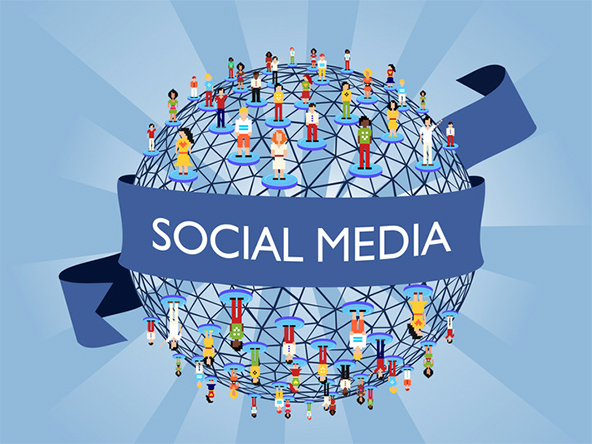No doubt, Social Media has a huge influence where we spend our money these days. Three-quarter of US consumers say that their friend’s social media messages directly influenced their purchase decisions, according to Ryan Holmes, CEO of Hootsuite.
As a business owner, these are great news…if you have a following on your social media channels. So how do you get into the position to influence an audience? You can post to Facebook, Twitter & co. all day long but that effort amounts to little if no one takes you and your business serious.
One of the crucial resources you have as a company are your employees. A company’s own employees represent an untapped, internal social marketing army. Just do your math: Imagine a company has approximately 1,000 twitter followers on their business account. Looks great at the first glance but to speak quite frankly, it is not the critical mass you require to make sales. If the same company has 100 employees who are also active on Twitter, you can easily leverage the company’s social reach. If all of the staff shared the company’s posts on their private accounts, the potential reach is now 10,000 Twitter users – a tenfold increase.
Of course, your employees should never be obligated to share company social media updates from their personal accounts. In fact, it should be always voluntary as this is what makes it so powerful. Organic, personal, word-of-mouth messages from friends to friends are often seen as more trustworthy than social media blasts from corporate accounts. So at the bottom line, if employees share corporate messages, the company not only expands their social reach but also gains more trust and engagement.
We understand that not every company is willing to let their employees be part of their social media marketing. A well thought-through social media strategy and policy needs to be in place as well as computer-savvy employees need to know how to utilise social media channels. But let’s face it, there might be a larger percentage of staff that already uses at least the most common channels such as Facbeook and Instagram privately anyways. As a company you would be silly if you wouldn’t tap into this potential.
You can solve these issues by giving your employees proper training on social media and encouraging the use of social media in the office – instead of banning it. Yes, social media can be a distraction but it can be also a powerful business tool. If you feel you would like to be in control of what your employees do on social media during work, how about setting up professional social media profiles for them. All logins and passwords then belong to the company and in case one of your employees will leave your business, they cannot take the following away.
Another way to stay in control of the messages to be shared on social media is to create company-approved updates employees can choose to share. This will make it dead simple for your staff to share company updates.
 Effective social marketing highly depends on cultivating a sizeable and loyal audience. This takes significant investment in terms of time, money and resources from any company that wishes to utilise social media as a sales and marketing tool. Yet, in many cases, employees at these companies already have a ready audience to tap into. By enlisting willing employees (and willing is the key) to amplify relevant messaging, businesses can instantly—and often by orders of magnitude—expand their reach on social media.
Effective social marketing highly depends on cultivating a sizeable and loyal audience. This takes significant investment in terms of time, money and resources from any company that wishes to utilise social media as a sales and marketing tool. Yet, in many cases, employees at these companies already have a ready audience to tap into. By enlisting willing employees (and willing is the key) to amplify relevant messaging, businesses can instantly—and often by orders of magnitude—expand their reach on social media.
